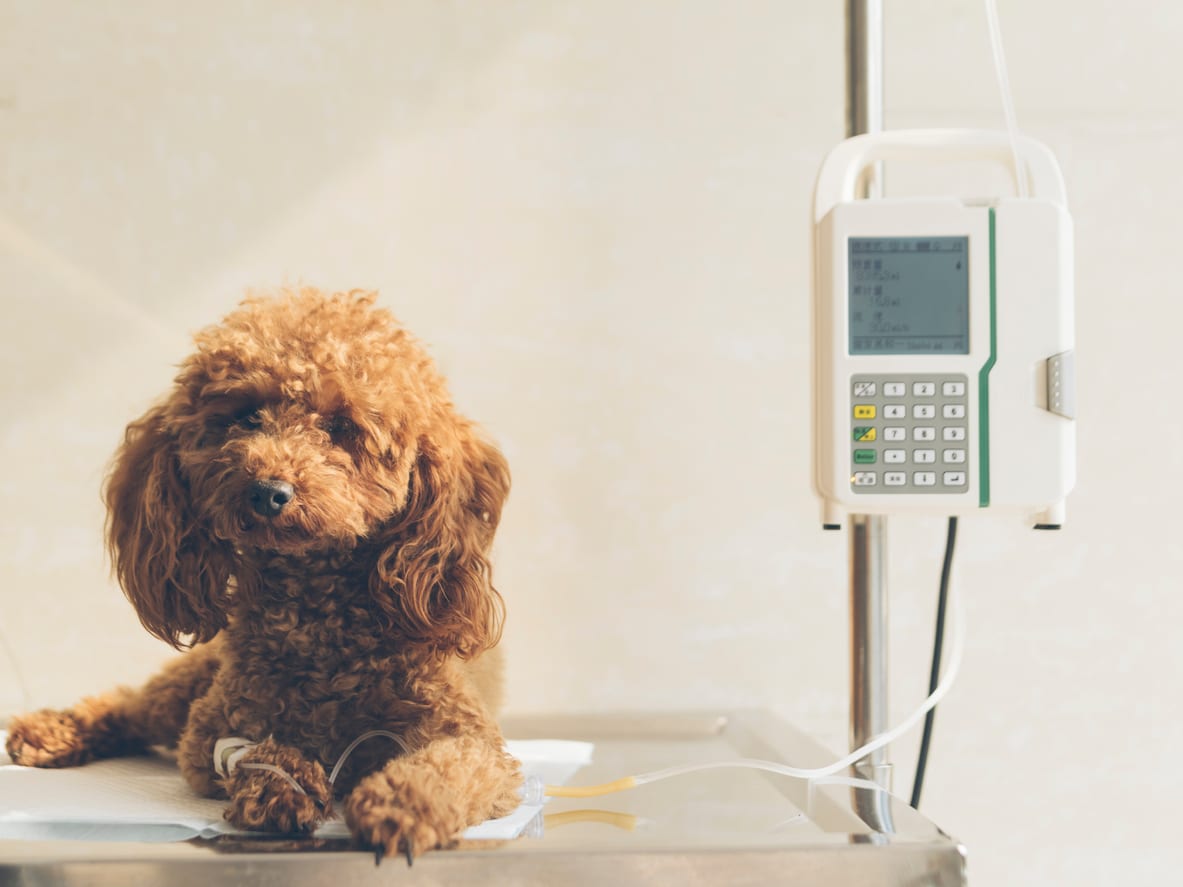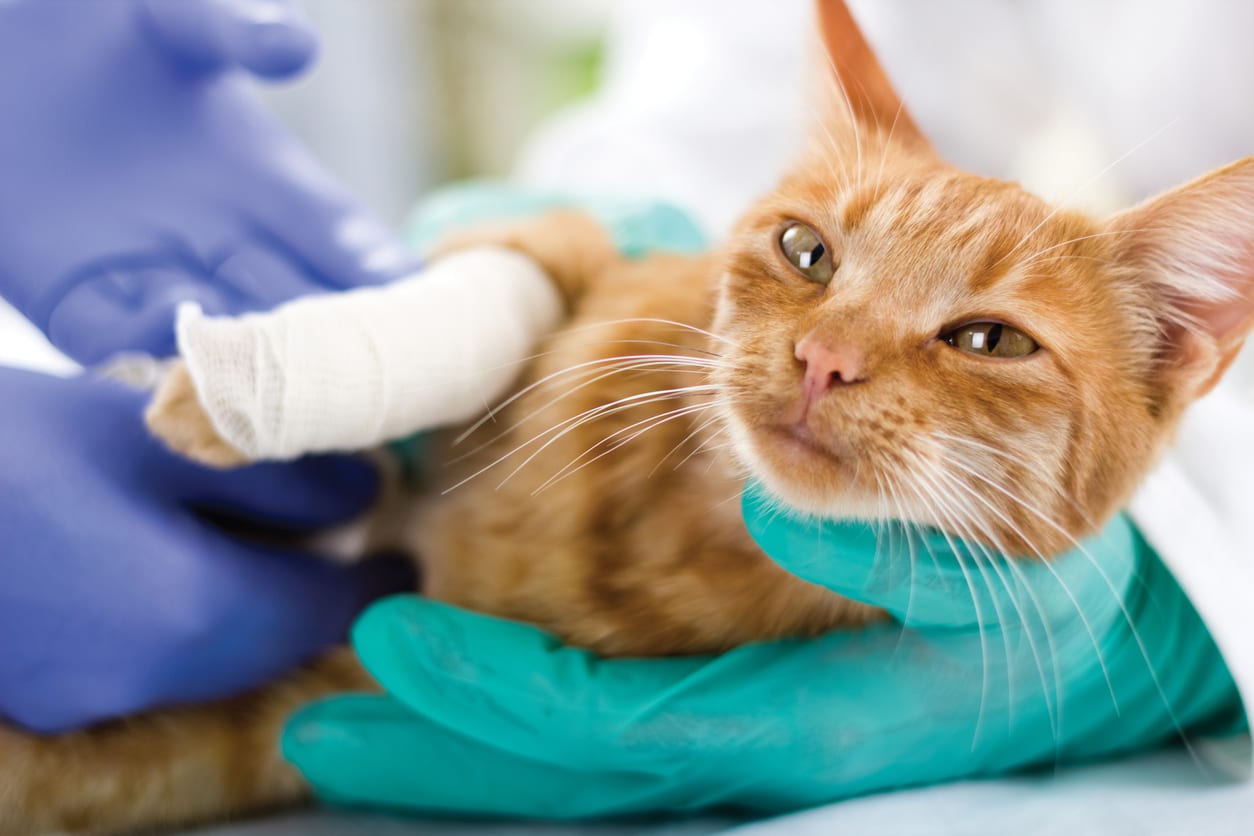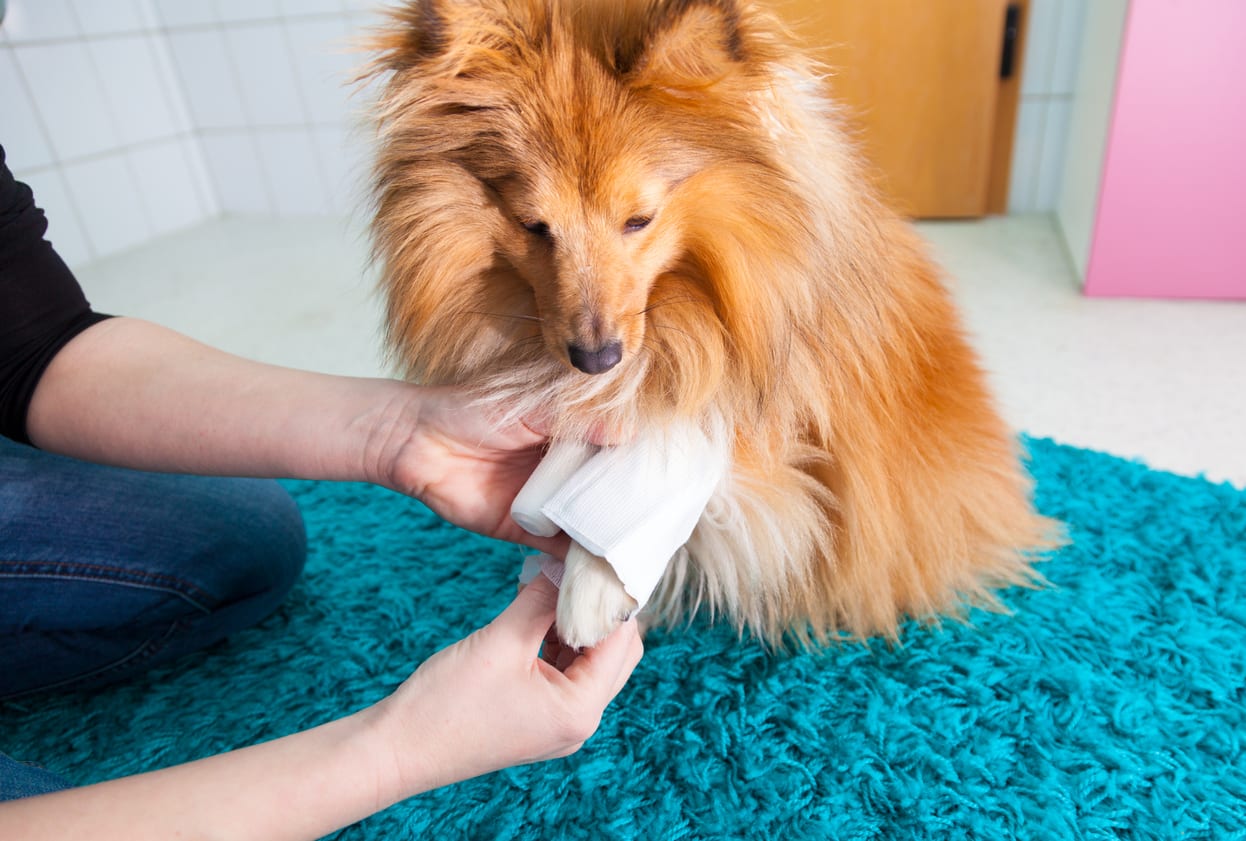Safe, Affordable Dog and Cat Surgery in Pasadena, TX
As a pet owner, you will more than likely have to put your pet through a surgical procedure at least once in their lifetime. Whether for a routine spay/neuter or a more complex dog and cat surgery in Pasadena, TX, you want to know that your pet is receiving the very best in veterinary medicine with the greatest compassion. At Spencer Animal Hospital, we’re an AAHA-accredited practice, meaning you can trust that our surgical procedures are top-of-the-line, and our veterinarians and technicians are trained to take the utmost care of your companion.
Call us at 281-476-0066 to schedule your next cat and dog surgery consultation with one of out expert veterinarians today.


Why Might My Pet Need Surgery?
Pet surgery is often recommended as a preventive measure and a treatment option. The preventive and corrective surgeries we perform include:
- Spays/neuters
- Brachycephalic nares surgery
- Mass and tumor removals
- Cystotomies (bladder surgery)
- Abdominal procedures
- Exploratory surgeries
- Ophthalmology surgeries (eye surgery)
- And more
Preparing Your Pet for Surgery
Prior to surgery, prepare your pet by following these steps:
- Since surgery requires general anesthesia, your pet will need to fast the night before their surgery. Feeding them dinner is okay, but refrain from any treats or meals until after their surgery. Water is okay up until their surgery.
- Make sure you have a quiet room or area prepared for your pet to recover in after surgery.
- Arrive at our practice early in the morning (we open at 7:00am), even if your pet’s surgery isn’t until later in the day. This gives us plenty of time to prep them and make sure they’re healthy enough for surgery.
- When you drop your pet off for surgery, you’ll also be asked to fill out and sign a surgical consent form. Please talk to us if anything is unclear.
Safety Protocols for Every Surgery
Your pet’s comfort and safety before, during, and after surgery is our primary concern. We take several steps to ensure their safety, including:
- Pre-anesthetic blood work and a physical exam to assess their health and determine the appropriate anesthetic protocol needed.
- Placing an IV catheter with fluids that keeps them hydrated, maintains their blood pressure, and allows us to administer needed medications easily.
- Complete vitals monitoring with advanced equipment that tracks your pet’s blood pressure, heart rate and rhythm, blood-oxygen saturation, respiratory rate, and more.
- A surgical technician dedicated to watching over your pet from the moment they’re admitted to the moment they leave.
- Appropriate pain medication before, during, and after surgery to minimize their discomfort.
Pain Management & Post-Surgical Care
When you pick up your pet after surgery, one of our technicians will go through detailed discharge instructions with you. We also will send home pain medication to help your pet remain comfortable throughout their recovery. For your pet’s post-op care, it’s important that they have a safe, quiet place to rest away from other pets, especially for the first 24-hours after surgery. While you can offer them food at this time, be aware that they may not want to eat as they may still be groggy from the anesthesia. Keep your pet from being overly active for the first 10 days (or more, as directed) to avoid any damage to the surgical site.
If you have any questions or concerns about your pet’s surgery or their recovery, please don’t hesitate to call us at 281-476-0066.

